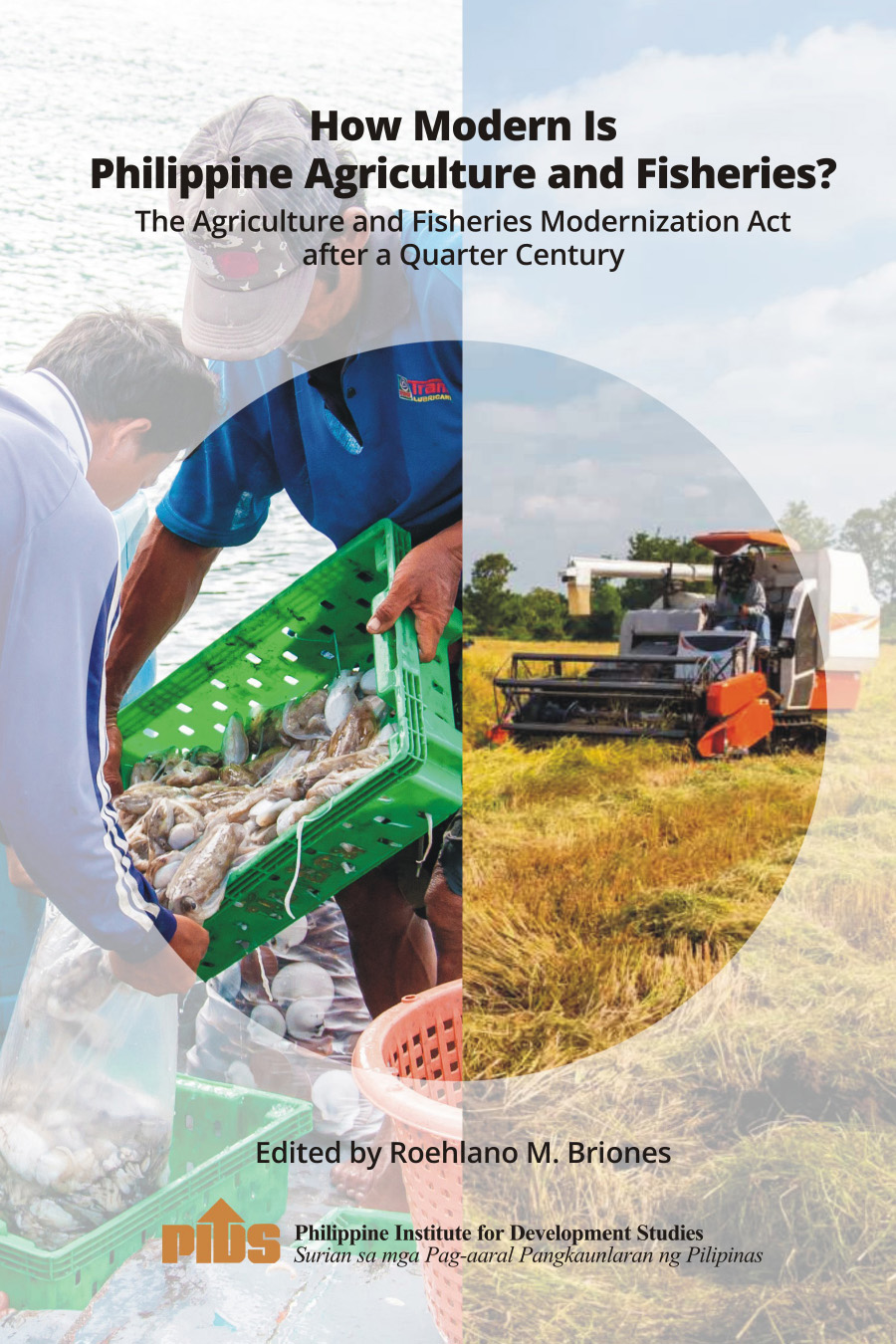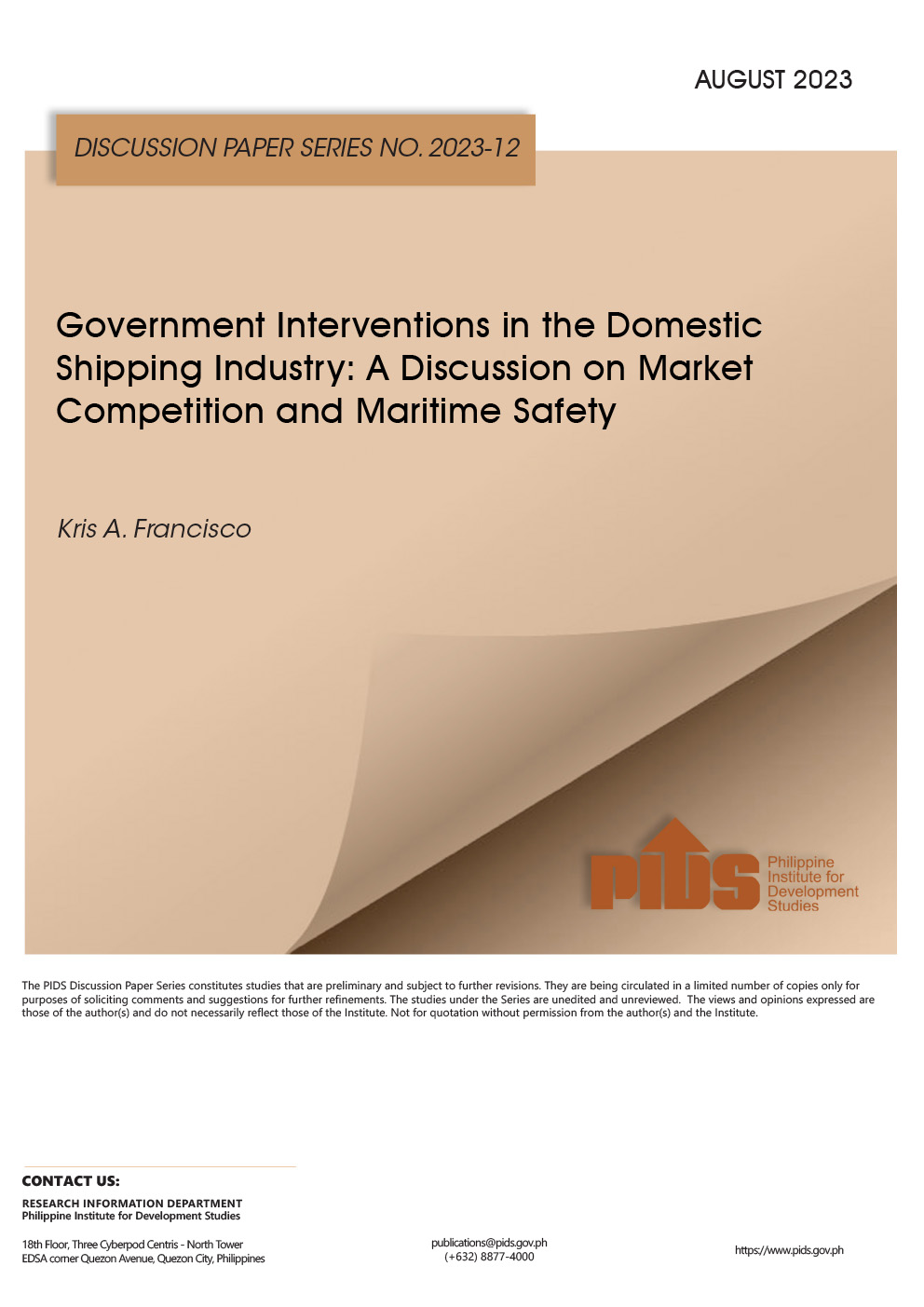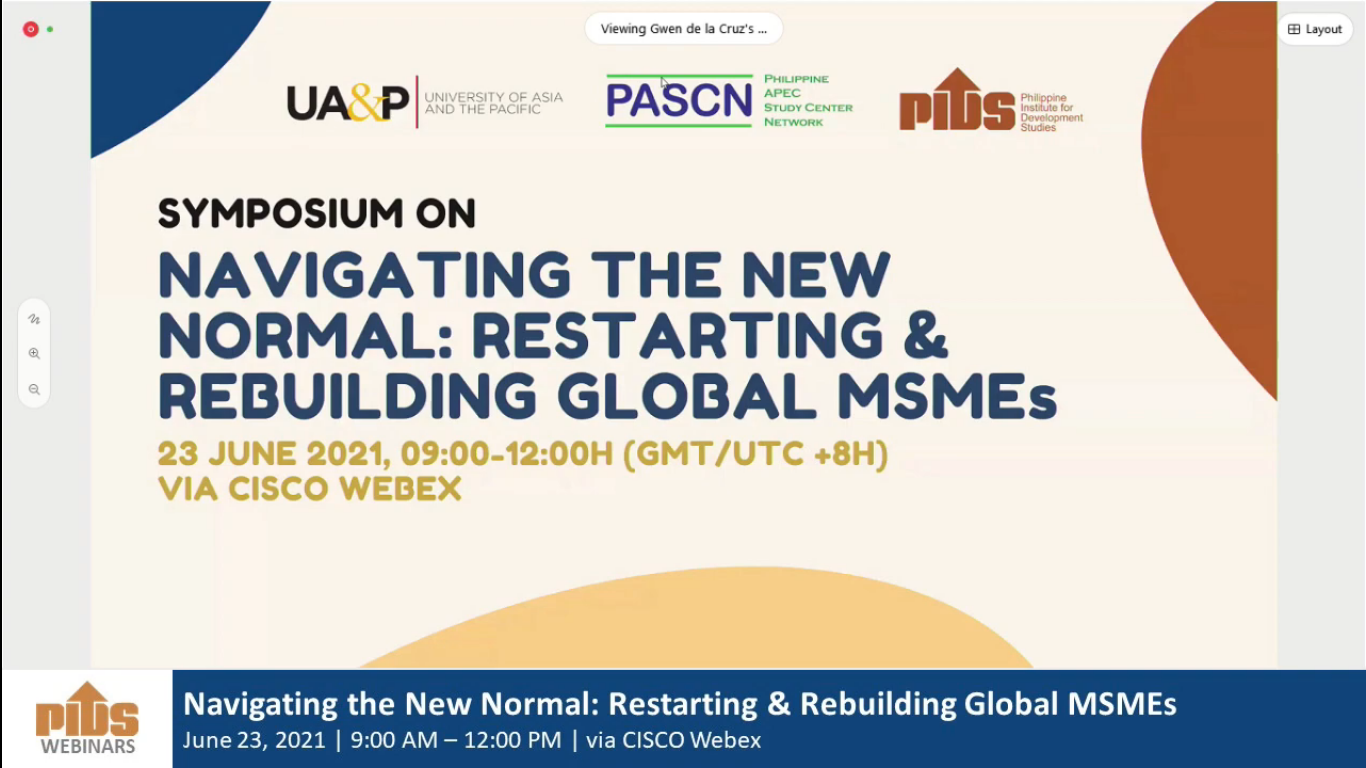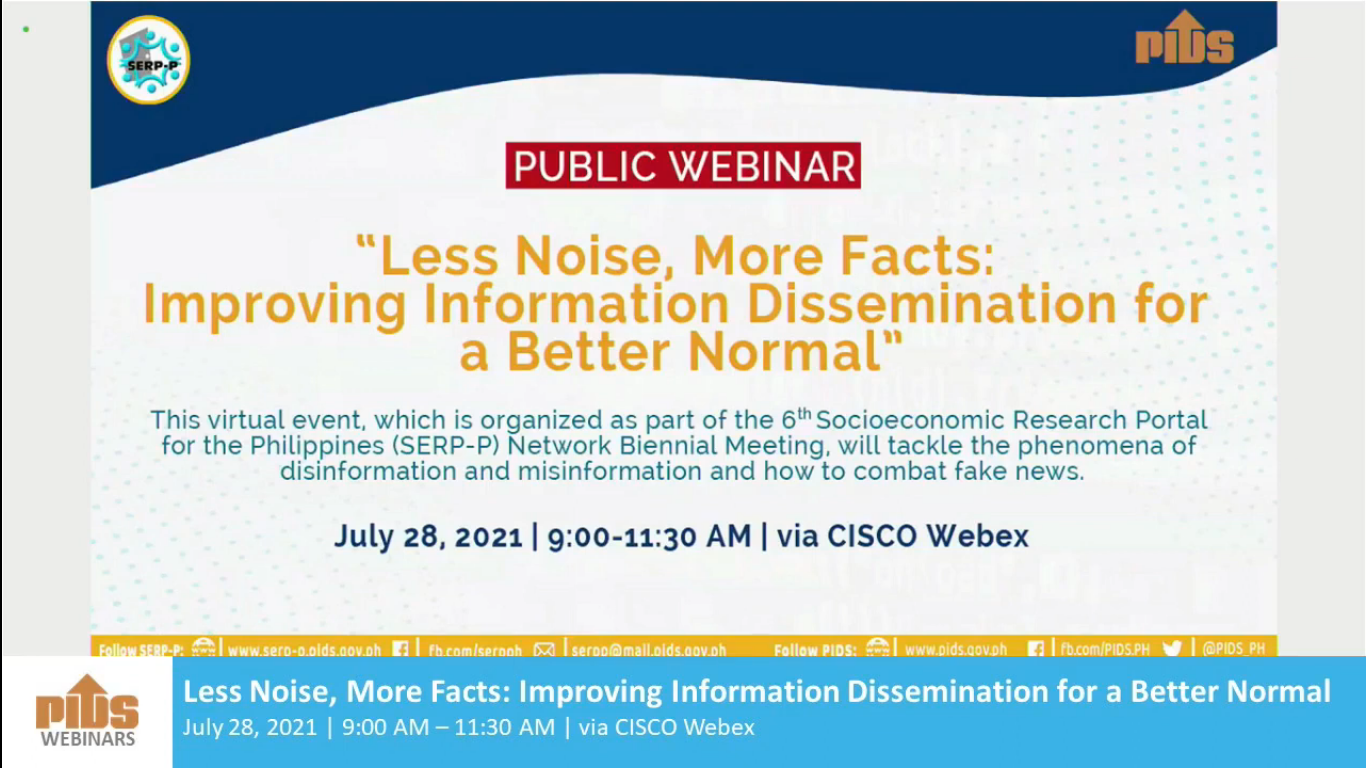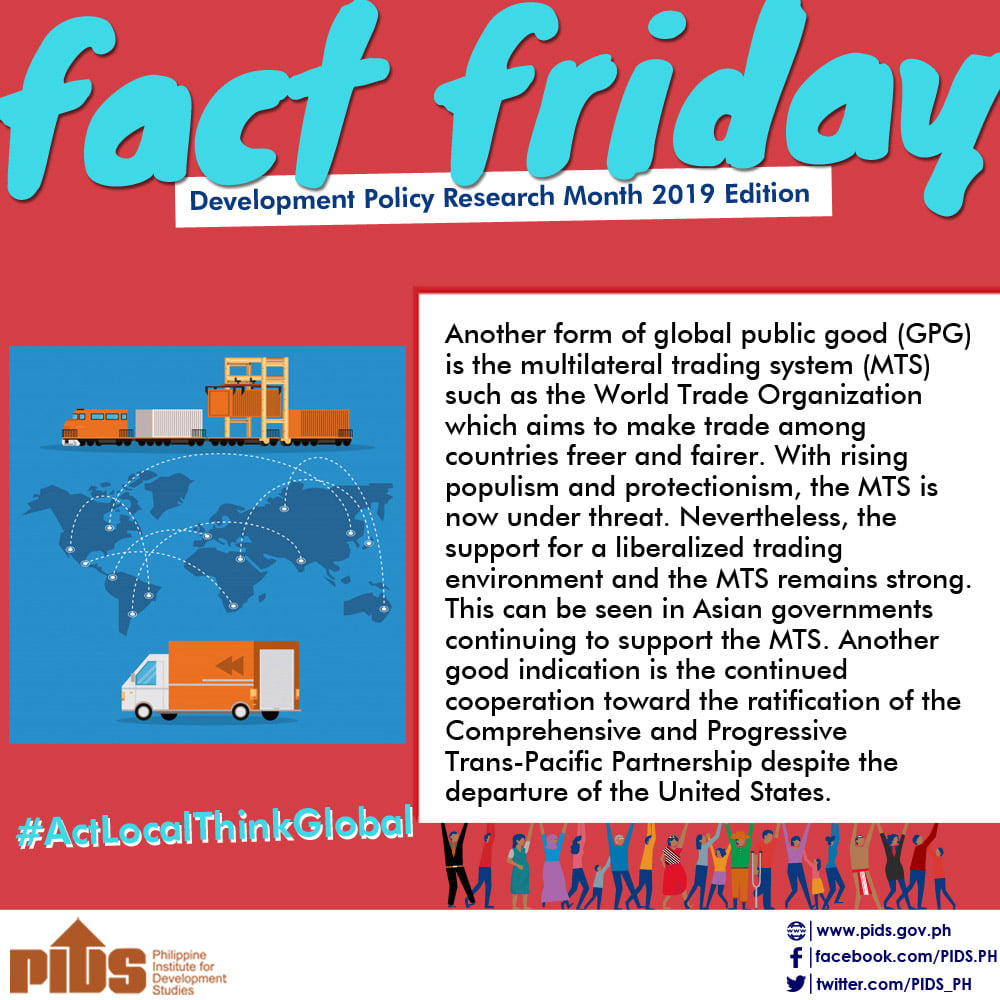April 28, 2020 – Lawmakers from the lower house of Congress have proposed a gradual re-opening of the economy after May 15, when the enhanced community quarantine ends, under a bill to institutionalize social distancing in the Philippines.
The bicameral legislature is on recess and will resume regular session next week, May 4, but there are moves for legislators to hold both face-to-face and video conferencing meetings in passing measures during the remainder of its first regular session.
A week before they return to work, Speaker Alan Peter Cayetano and majority of congressmen filed House Bill 6623 or the “New Normal for the Workplace and Public Spaces Act”, proposing how the people should interact after the 60-day lockdown.
“Guided foremost by the principles of protecting the most vulnerable, ensuring health and safety for all, guaranteeing respect for human rights, and facilitating the inclusive and holistic economic well-being of all sectors and industries, this proposed bill envisions a whole-of-society approach in ushering a hopeful yet well-planned path towards ‘the new normal,’” the proposed bill said in its explanatory provision.
The proposed law will take effect for three years or until the coronavirus pandemic peters out. The number of infected persons in the country has reached 7,777 as of Monday. The death toll has reached 511 and more than 930 have recovered.
Based on the proposed bill, individuals who fail to wear face masks in public places shall be fined P1,000 or shall render 1-day mandatory community service.
The people are also encouraged to keep a distance of at least one meter apart while in a public place. The proposed law bans the operation of motorcycle taxis but all other public transport will maintain at least a one-seat distance at all times.
The bill made no mention on whether or not ride-hailing and carpooling services like Grab car will be allowed to resume operations.
Lawmakers also proposed the continued suspension of classes and other school activities, subject to consultations with the Education Department and the Commission on Higher Education (CHED).
The Education department has earlier encouraged public and private schools at the primary and second levels to resume classes in August or September but a recent directive from the government allowed higher education to resume classes outside the enhanced community quarantine areas to complete the academic year.
Business operators were also asked to submit “New Normal Workforce and Workplace Management Plans” to detail how they plan on complying with safety measures enumerated in the bill, should they plan to resume regular operations.
The lawmakers also wanted to ‘gradually’ re-open businesses, like dine-in services for restaurants, cafes, and fast foods chains, but buffet and salad bar services will remain suspended.
During the lock down, only food deliveries and take-out services were allowed.
Once the law is passed, shopping malls will be allowed to open, provided that these establishments will limit the number of people that can enter at any given time. But the shops will be encouraged to promote online transactions and prioritize shopping services.
The legislators said the government intervention was effective in slowing down the infection rate in the country but the lock down has also “adversely affected the national economy.”
Earlier, the Philippine Institute for Development Studies (PIDS) estimated the economy could lose up to 2.5 trillion pesos amid the pandemic. It was also estimated at least 150 billion pesos were lost in business opportunities during the enhanced community quarantine. The labor department said over 2 million workers have been displaced by the crisis.
Cayetano said there was a need to re-start the economy to cushion the impact of the lock down. “The foreseeable reopening of workplaces and businesses and the resumption of economic activity halted during the community quarantine cannot, however, simply proceed as if things can still go back to “normal” (i.e., the way things were prior to the Covid-19 outbreak),” they said in the explanatory provision.
Lawmakers said private gatherings suspended, including sports, entertainment, religious and political activities.
There is also a provision under the proposed law, mandating the Philippine Statistics Authority to fast-track the implementation of the national ID system.
Two senators had earlier called for an investigations in the delay in the implementation of the Philippine Identification Systems Act.
Senate President Vicente Sotto III and Senator Panfilo Lacson said the national ID system could have better facilitated the distribution of cash assistance during the pandemic.
On Tuesday, Makati City Representative Luis Campos also urged the Social Security System (SSS) and other government agencies to upgrade their computer and information services in order to deliver reliable online services to the public.
“Agencies providing frontline services should upgrade their computer systems to meet the rapidly growing public demand for easier and faster online transactions,” Campos said. “With or without a pandemic, the future of public transactions is clearly electronic and online — not over-the-counter in brick-and-mortar agency branches.”
Campos issued his statement as the SSS website entered its second week of down time.
Lawmakers also proposed government agencies to create online platforms so the public can do their transactions on the internet.
Senator Manny Pacquiao is also set to file a counterpart bill in the upper house. (Rosabell Toledo/MM)
The bicameral legislature is on recess and will resume regular session next week, May 4, but there are moves for legislators to hold both face-to-face and video conferencing meetings in passing measures during the remainder of its first regular session.
A week before they return to work, Speaker Alan Peter Cayetano and majority of congressmen filed House Bill 6623 or the “New Normal for the Workplace and Public Spaces Act”, proposing how the people should interact after the 60-day lockdown.
“Guided foremost by the principles of protecting the most vulnerable, ensuring health and safety for all, guaranteeing respect for human rights, and facilitating the inclusive and holistic economic well-being of all sectors and industries, this proposed bill envisions a whole-of-society approach in ushering a hopeful yet well-planned path towards ‘the new normal,’” the proposed bill said in its explanatory provision.
The proposed law will take effect for three years or until the coronavirus pandemic peters out. The number of infected persons in the country has reached 7,777 as of Monday. The death toll has reached 511 and more than 930 have recovered.
Based on the proposed bill, individuals who fail to wear face masks in public places shall be fined P1,000 or shall render 1-day mandatory community service.
The people are also encouraged to keep a distance of at least one meter apart while in a public place. The proposed law bans the operation of motorcycle taxis but all other public transport will maintain at least a one-seat distance at all times.
The bill made no mention on whether or not ride-hailing and carpooling services like Grab car will be allowed to resume operations.
Lawmakers also proposed the continued suspension of classes and other school activities, subject to consultations with the Education Department and the Commission on Higher Education (CHED).
The Education department has earlier encouraged public and private schools at the primary and second levels to resume classes in August or September but a recent directive from the government allowed higher education to resume classes outside the enhanced community quarantine areas to complete the academic year.
Business operators were also asked to submit “New Normal Workforce and Workplace Management Plans” to detail how they plan on complying with safety measures enumerated in the bill, should they plan to resume regular operations.
The lawmakers also wanted to ‘gradually’ re-open businesses, like dine-in services for restaurants, cafes, and fast foods chains, but buffet and salad bar services will remain suspended.
During the lock down, only food deliveries and take-out services were allowed.
Once the law is passed, shopping malls will be allowed to open, provided that these establishments will limit the number of people that can enter at any given time. But the shops will be encouraged to promote online transactions and prioritize shopping services.
The legislators said the government intervention was effective in slowing down the infection rate in the country but the lock down has also “adversely affected the national economy.”
Earlier, the Philippine Institute for Development Studies (PIDS) estimated the economy could lose up to 2.5 trillion pesos amid the pandemic. It was also estimated at least 150 billion pesos were lost in business opportunities during the enhanced community quarantine. The labor department said over 2 million workers have been displaced by the crisis.
Cayetano said there was a need to re-start the economy to cushion the impact of the lock down. “The foreseeable reopening of workplaces and businesses and the resumption of economic activity halted during the community quarantine cannot, however, simply proceed as if things can still go back to “normal” (i.e., the way things were prior to the Covid-19 outbreak),” they said in the explanatory provision.
Lawmakers said private gatherings suspended, including sports, entertainment, religious and political activities.
There is also a provision under the proposed law, mandating the Philippine Statistics Authority to fast-track the implementation of the national ID system.
Two senators had earlier called for an investigations in the delay in the implementation of the Philippine Identification Systems Act.
Senate President Vicente Sotto III and Senator Panfilo Lacson said the national ID system could have better facilitated the distribution of cash assistance during the pandemic.
On Tuesday, Makati City Representative Luis Campos also urged the Social Security System (SSS) and other government agencies to upgrade their computer and information services in order to deliver reliable online services to the public.
“Agencies providing frontline services should upgrade their computer systems to meet the rapidly growing public demand for easier and faster online transactions,” Campos said. “With or without a pandemic, the future of public transactions is clearly electronic and online — not over-the-counter in brick-and-mortar agency branches.”
Campos issued his statement as the SSS website entered its second week of down time.
Lawmakers also proposed government agencies to create online platforms so the public can do their transactions on the internet.
Senator Manny Pacquiao is also set to file a counterpart bill in the upper house. (Rosabell Toledo/MM)

